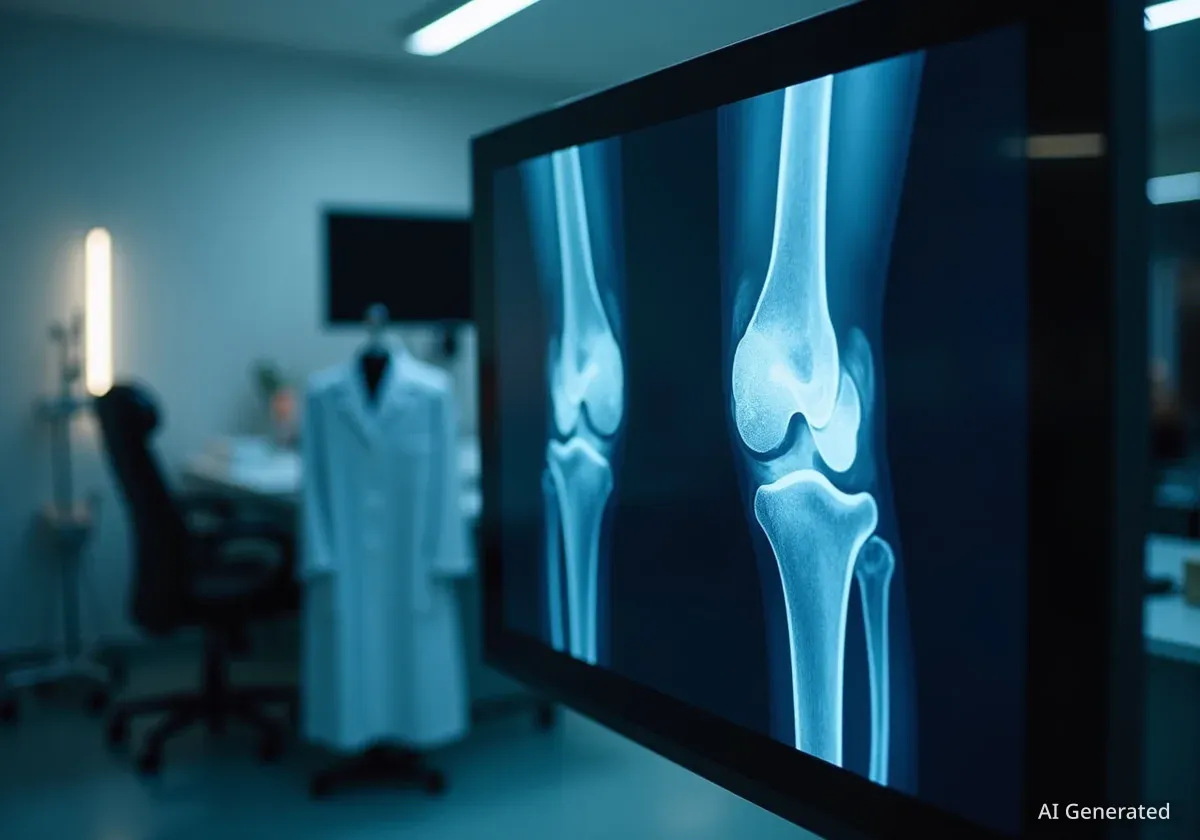Mass General Brigham (MGB), the largest health system in Massachusetts, has launched an artificial intelligence application to provide care for thousands of its patients who do not have a primary care physician. The new platform, named “Care Connect,” uses an AI-powered chatbot to assess patient symptoms and facilitate quick access to medical consultations amid a critical shortage of doctors.
Key Takeaways
- Mass General Brigham has deployed an AI app called Care Connect to serve 15,000 patients without a primary care doctor.
- The platform uses a chatbot to interview patients, review records, and schedule telehealth appointments, often within 30 minutes.
- Some MGB physicians criticize the app as a temporary fix, arguing the real solution is improving pay and conditions to attract more doctors.
- The initiative reflects a growing trend in using technology to address systemic healthcare access problems and physician burnout.
Introducing the Care Connect Platform
Mass General Brigham officially rolled out its Care Connect service on September 9. The platform is specifically designed for the 15,000 MGB patients who are currently without an assigned primary care physician, a group that often struggles to access routine medical services. MGB is one of the first major healthcare systems in the United States to implement such a large-scale AI-driven solution for this problem.
The core of the service is an AI chatbot available to patients 24 hours a day, seven days a week. This automated system guides patients through a series of questions about their symptoms and medical concerns. It is designed to analyze their responses in conjunction with their existing MGB medical records to create a preliminary assessment.
After the initial AI-driven interview, the app's primary function is to connect the patient with a licensed physician for a telehealth appointment. According to MGB, these virtual consultations can be arranged in as little as half an hour, providing a rapid alternative to emergency room visits for non-critical issues.
By the Numbers
The Care Connect app targets a specific population of 15,000 MGB patients who lack a primary care provider. This initiative is a direct response to a physician shortage that affects healthcare access across the state and nation.
The Patient Experience with AI-Assisted Care
The platform is intended to streamline the process of seeking medical advice. For patients like Rocco Giuliano, a 77-year-old MGB patient, the system proved effective. After downloading the Care Connect app, he interacted with the chatbot, answering questions about his health needs.
Following the automated interview, he was able to secure a telehealth appointment for the very next day. During the virtual visit, a doctor addressed his concerns and wrote new prescriptions for his blood pressure medication. This experience highlights the app's potential to bridge care gaps, especially for patients managing chronic conditions who require timely prescription renewals.
The convenience of on-demand access is a key selling point. Instead of waiting weeks or months for a new patient appointment or resorting to urgent care facilities, patients can initiate a consultation from their homes at any time. This model aims to reduce the burden on overcrowded emergency departments and offer a more efficient path to care.
The National Primary Care Shortage
The physician shortage is not unique to MGB. The Association of American Medical Colleges (AAMC) projects a shortfall of between 17,800 and 48,000 primary care physicians by 2034. This widespread issue is driven by factors including physician burnout, an aging population with complex health needs, and insufficient numbers of medical school graduates choosing primary care specialties.
A Divisive Solution Among Medical Professionals
While MGB leadership presents Care Connect as an innovative solution, the initiative has been met with skepticism from some of its own primary care doctors. Several physicians within the system have described the AI app as a “sideshow” and a “distraction” from what they see as the fundamental problems causing the doctor shortage.
These doctors contend that technology alone cannot solve a workforce crisis. The core issue, they argue, is the need to make primary care a more attractive and sustainable career path within the MGB system.
The proposed solution from these medical professionals focuses on systemic changes. They advocate for increased pay and improved working conditions to both attract new primary care physicians and, crucially, retain the ones already working at MGB. Many doctors cite burnout from heavy administrative loads and large patient panels as a primary reason for leaving the field or the health system.
Broader Labor and Investment Context
This internal debate is occurring against a backdrop of significant labor activity and financial commitments at MGB. Primary care doctors at the health system recently voted to form a union, a move that the administration is challenging. The push for unionization reflects the deep-seated concerns among physicians regarding their working conditions and compensation.
In a related development, Mass General Brigham has announced plans to invest nearly $400 million in its primary care services. While the health system frames this as a major commitment to fixing the problem, some doctors remain wary, questioning how the funds will be allocated and whether they will address their core concerns about workload and pay.
The Future of AI in Patient Triage
The use of AI in healthcare is expanding rapidly, but it also raises important questions. Researchers, including some at MIT, have shown that artificial intelligence can sometimes introduce medical errors if not properly designed and monitored. Ensuring the safety and accuracy of diagnostic suggestions made by platforms like Care Connect is a critical challenge.
Despite these concerns, health systems are increasingly turning to technology to manage patient demand. The primary care shortage is forcing patients nationwide to rely more on emergency rooms, pay for expensive concierge care, or even travel out of state for appointments. In this environment, AI-powered triage systems offer a potential way to manage resources more effectively.
The success of MGB's Care Connect will likely be judged on multiple fronts. It must prove to be a safe and effective tool for patients while the health system simultaneously addresses the underlying workforce issues that made the app necessary in the first place. Whether it becomes a model for other hospitals or remains a temporary patch for a deeper problem is yet to be seen.





